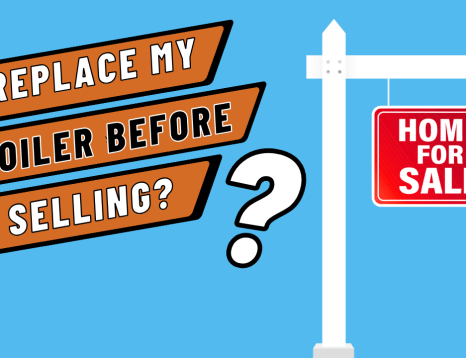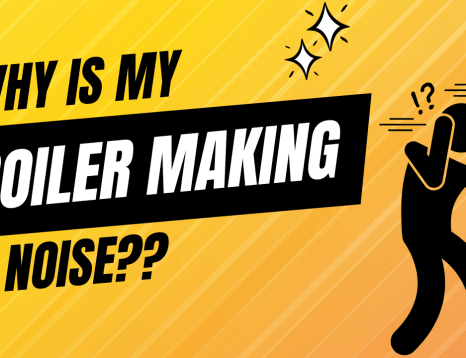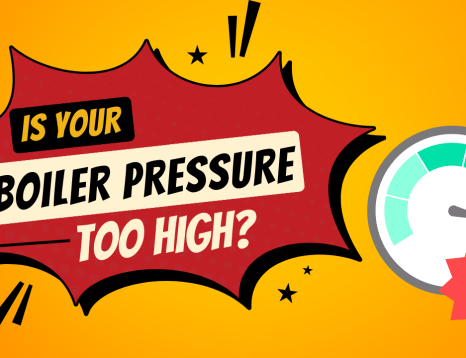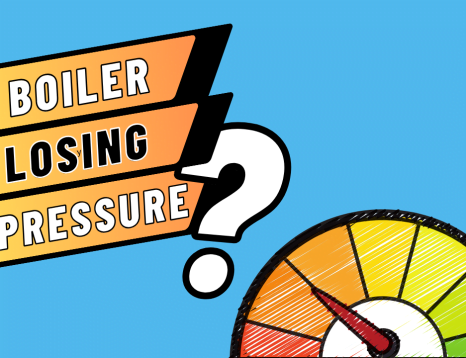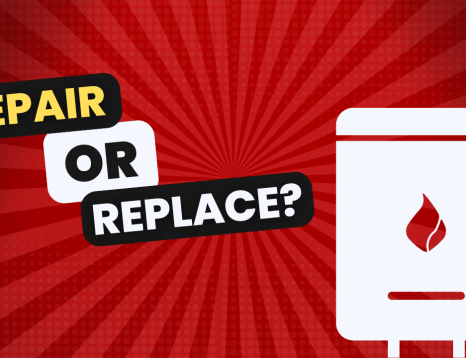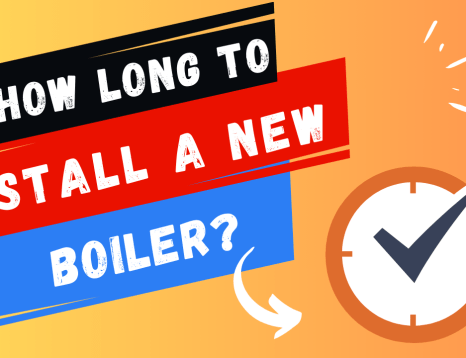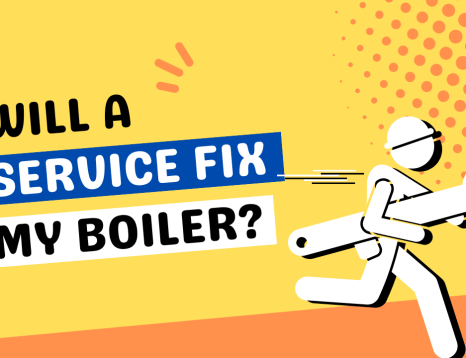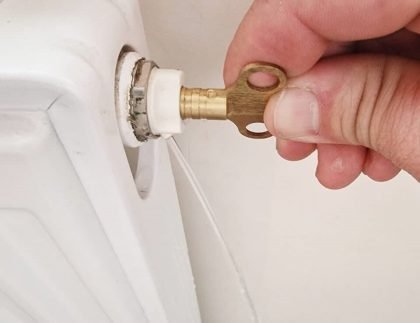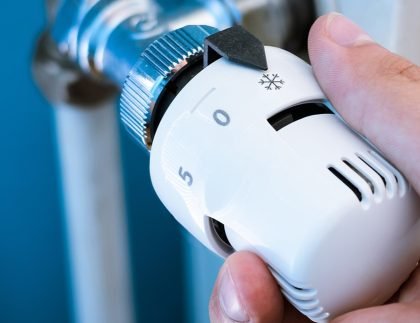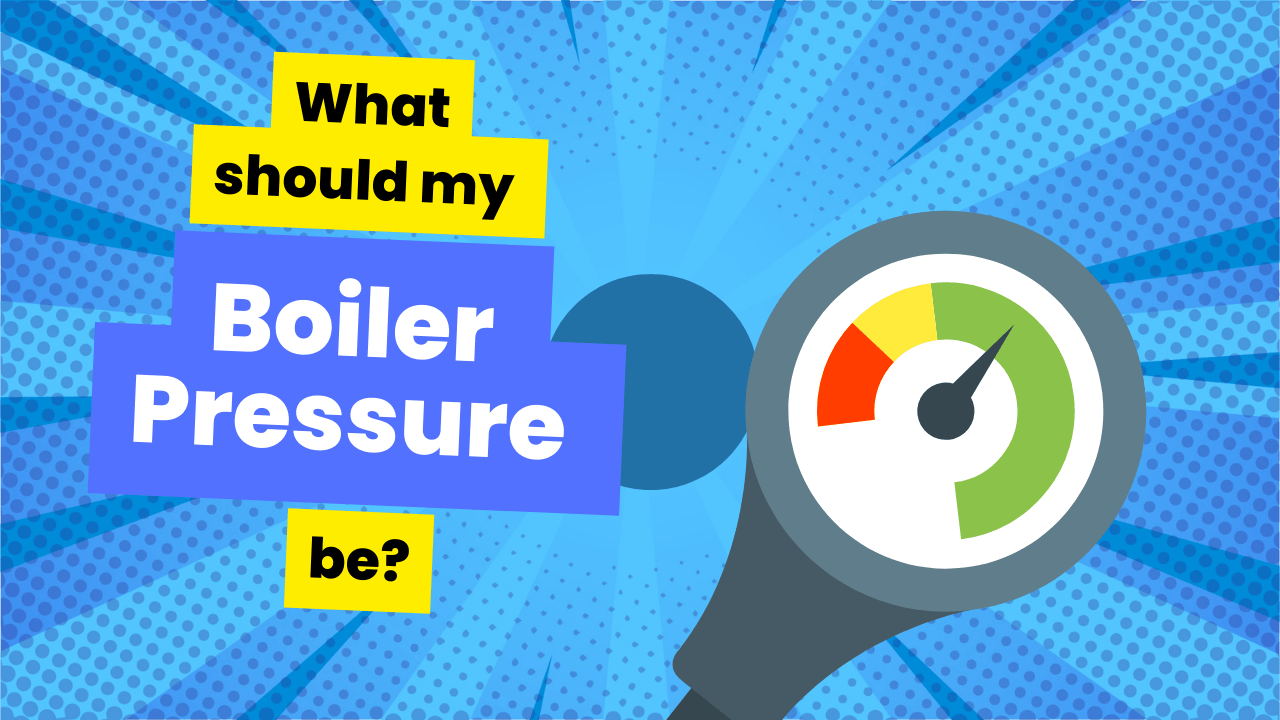
What pressure should my boiler be when the heating is off?
Boiler pressure should generally be between 1 and 1.5 bars when central heating is turned off. The needle of the pressure gauge should remain above the lower limit set by your boiler manufacturer at all times. Always check your boiler manual to see what the specific recommendations are for your boiler model, as this varies depending on the manufacturer.
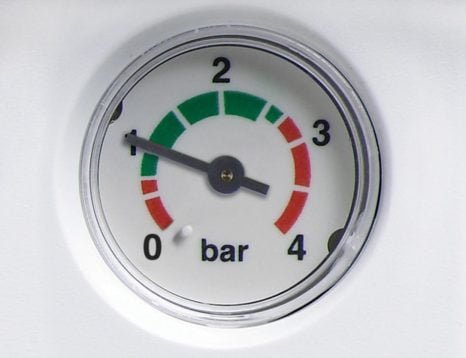
What pressure should my boiler be when the heating is on?
A boiler’s pressure gauge will usually sit between 1 and 2 bars when it is turned on. The exact recommended pressure level will vary depending on the boiler manufacturer, but generally, anywhere between 1.0 and 2.0 bar is ideal.
The boiler pressure level will rise when heating a home or providing hot water. However, it should still stay below the upper-pressure limit of 3 bar.
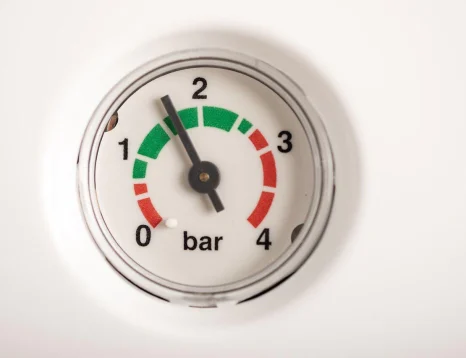
Why does my boiler pressure rise when the heating is on?
When water is heated, it expands. As the boiler heats the water within the central heating system, the increased temperature causes the hot water to expand, this results in a pressure rise. The rise in pressure can be identified from either a digital or mechanical pressure gauge on or in the appliance.
This is completely normal and should not be a cause for concern; even if the pressure continues rising above the upper limit for the boiler model, all appliances are fitted with safety controls to compensate for the increase.
Sort your boiler pressure problems with Jones Heating
At Jones Heating, we have the expertise, experience, and tools to diagnose all kinds of boiler pressure problems, from minor issues to serious malfunctions. We specialise in boiler repairs, servicing, and new installations for homeowners in Dunfermline, Kirkcaldy and the surrounding areas. Our prompt and reliable service means you no longer have to wonder, "What pressure should my boiler be?"
Feeling the chill? Contact Jones Heating today, and we'll start troubleshooting right away. Our team of skilled plumbing and heating engineers is on standby, ready to diagnose the problem and get your boiler back on track in no time. Remember, a cosy home starts with a reliable boiler – and Jones Heating is here to ensure yours stays that way.
Find out more with a handy guide from Worcester Bosch here
Boiler Repair FAQs
Unfortunately, there’s no one-size-fits-all cost for boiler repairs. It can be anything upwards of £70 depending on the complexity of the job and any parts required. Our team always aims to minimise costs by repairing your boiler without the need for replacement parts. We’ll also reduce the cost in the long run by making repairs that stand the test of time.
If your boiler keeps breaking down, there might an underlying problem that’s causing it. In some cases, it may even need replacing. Jones Heating's boiler repair experts will work to identify and fix the root cause of breakdowns to give your boiler a new lease of life. If that’s not possible, we’ll advise you on the best course of action so you can make an informed decision.
We always aim to fix boilers on our first visit – within the day – without the need to replace parts. If replacement parts are needed, it can understandably take a little longer. Whatever the case, you’ll be kept informed every step of the way, so you know when your boiler will be back up and running.
Boiler repair step 1 – Fault diagnosis
When a boiler breaks down we need to attend the job to diagnose the fault, even if the boiler gives us a fault code which directs us to the possible fault.
Fault codes give us a very good idea of what could be at fault, but sometimes there are underlying issues which the fault code doesn’t give away.
Most of the time, a fault diagnosis is a simple process and we know what’s going on within 20 minutes or so.
Of course, some faults can be a bit more tricky and can take up to an hour or more.
Boiler repair step 2 – The repair / part installation
If we find that we can complete the boiler repair without the need for any parts then we will get on with the job in hand and charge you based on total time taken.
If a part or parts are required then we will call our suppliers to see if the part is still available, in stock and how much it costs.
Once we have this information we will give you a price to return to complete the boiler repair.
If you wish to shop around then we’re absolutely fine with that. We will charge you for the time taken to complete the diagnosis and give you a report to tell you exactly what you need to complete the boiler repair.
If you wish to proceed then we will collect the part for you and get the part installed as quickly as possible.
In some cases we’re able to do this straight away but in some cases we might need to rebook the appointment for another time/date.
Deciding whether you should have your boiler repaired or have it replaced can be a difficult decision.
Boiler breakdowns are always unexpected so having the budget available to replace your boiler isn’t always possible.
If you do have the budget available though, it can make perfect sense to ditch that old boiler and get a new one installed. New boilers come with big warranties giving you long term peace of mind.
I know it’s easy for us to say ‘replace your boiler’ but there’s nothing we hate to see more than someone investing into an old boiler only for it to break down again months later.
We have customers who have invested nearly £1000 into their old boiler over the space of 2 years and that causes us a lot of pain to see happen.
How to work out if your boiler is ‘Beyond Economical Repair’
Boilers are a bit like cars. They Depreciate in value over time.
So let’s say you have a boiler that’s 9 years old (for example) and let’s say that a boiler has a life expectancy of 10 years and let’s say that when you purchased the boiler it cost you £1000.
Well, today, this boiler is worth £100. Meaning that if a repair is more than £100 then it would be classed as ‘beyond economical repair’, in which case it would make more sense to replace the boiler than to repair it.
We hope this helps you decide what’s best for you in the long term, but ultimately, we’re here to support you and help you, regardless of which route you choose to take.



